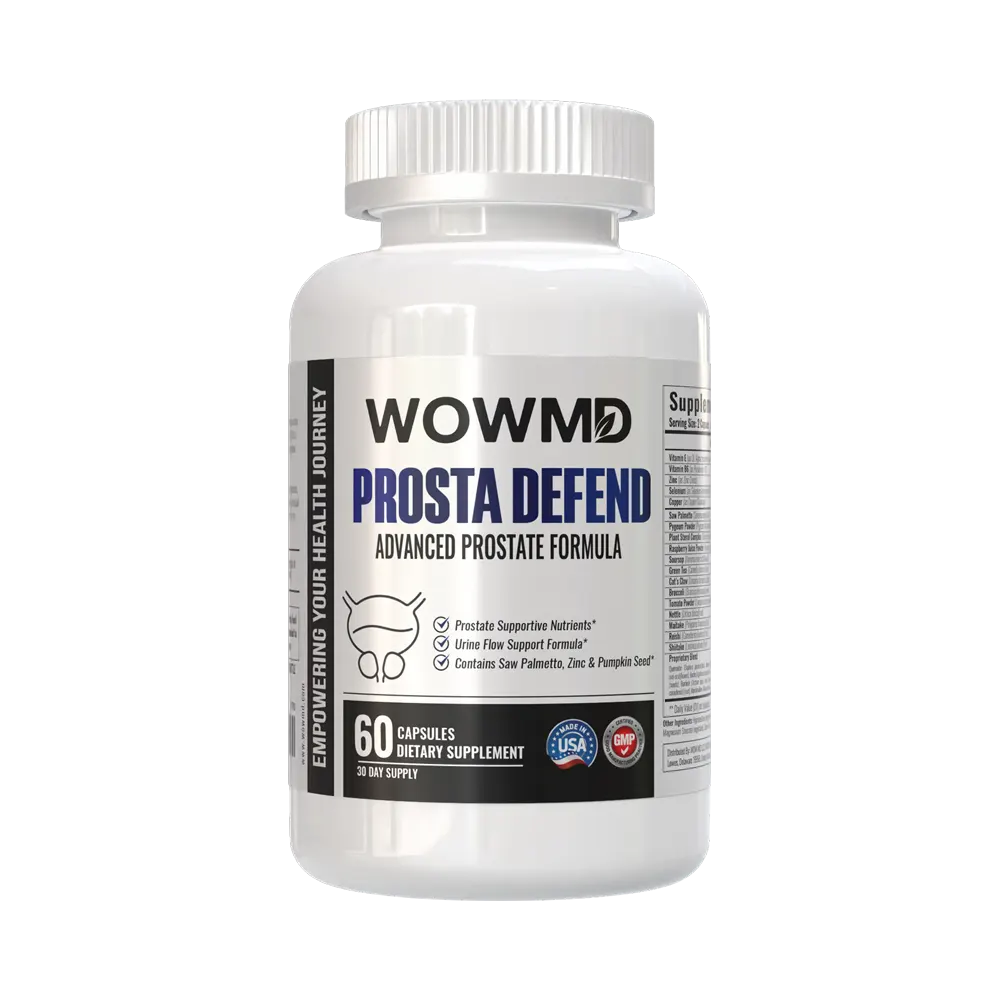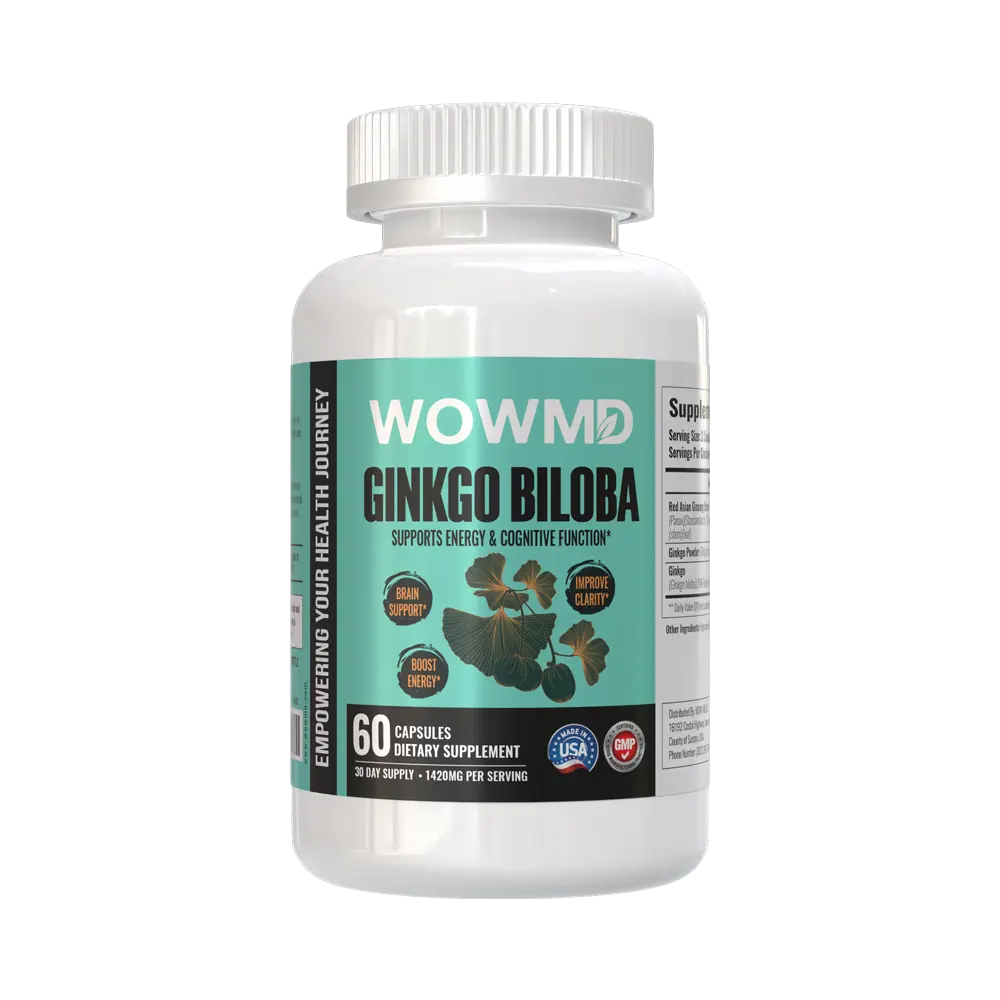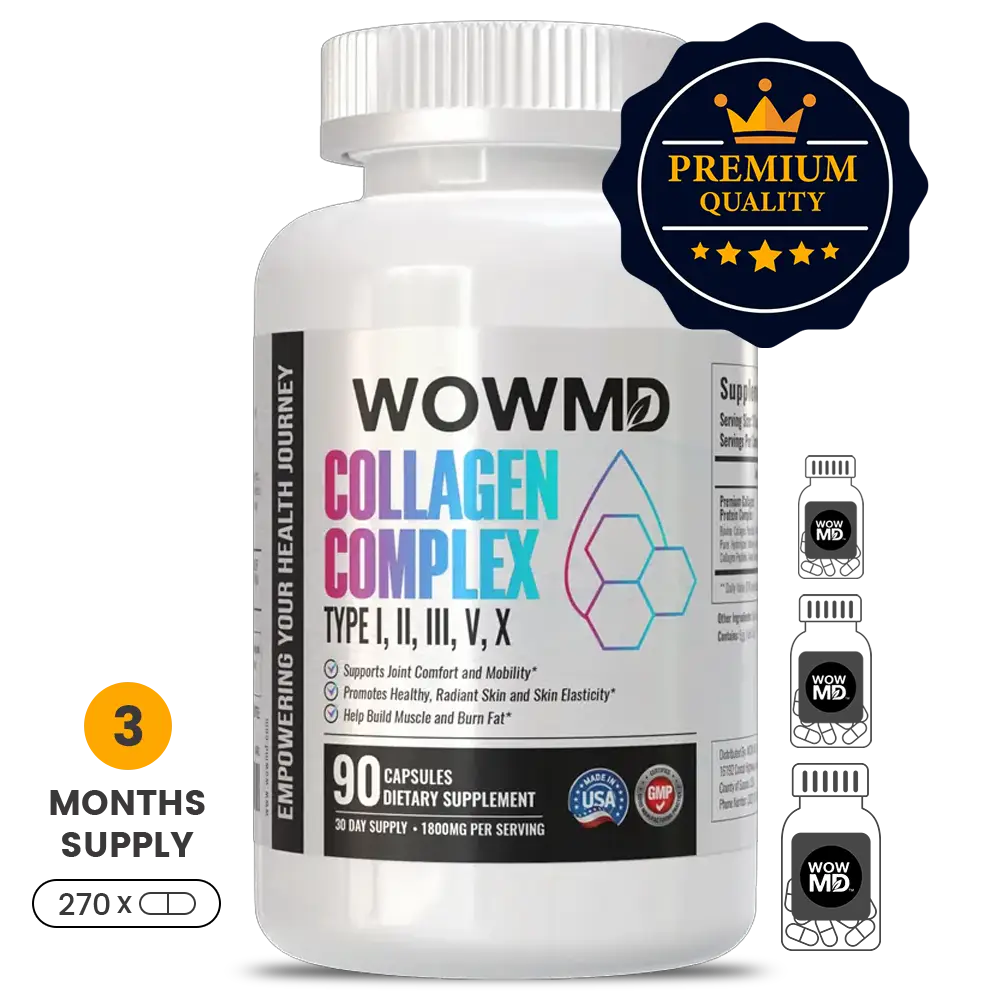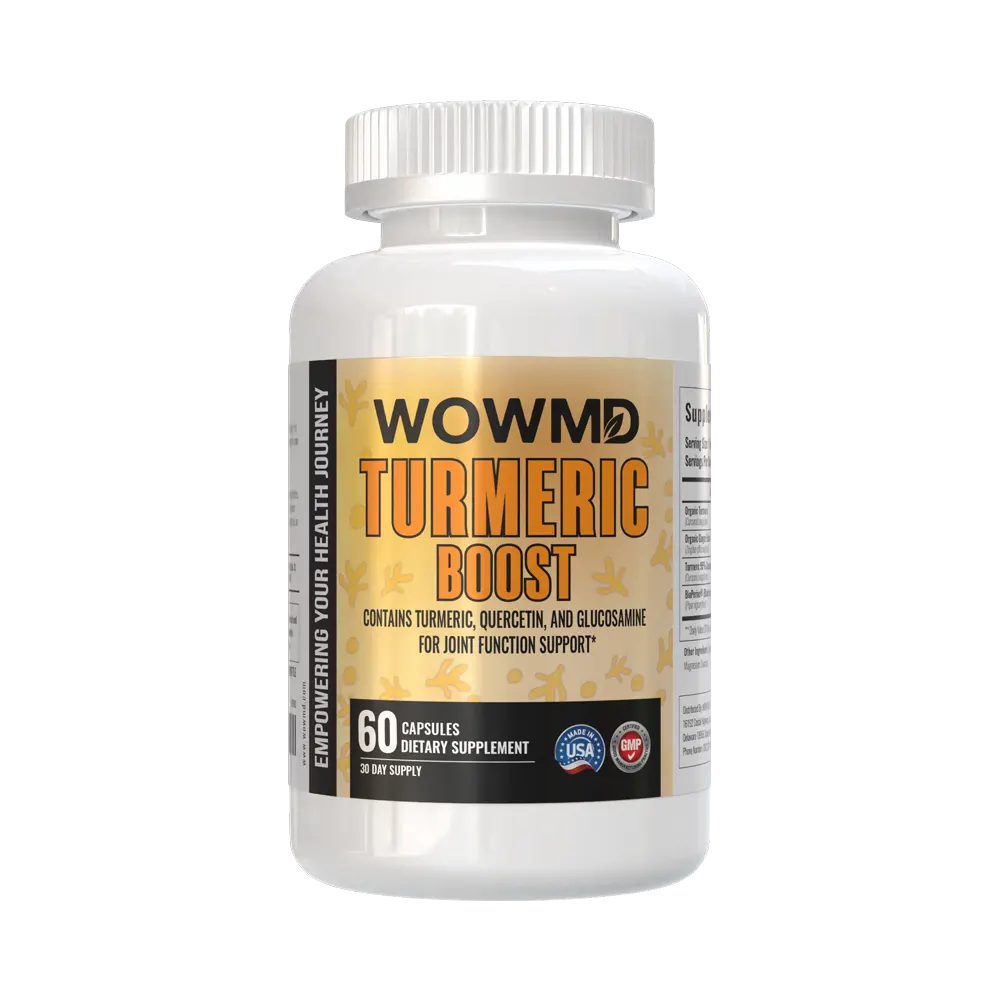Psyllium
Psyllium: An essential fiber for all-round Wellness
A science-backed nutrient that supports gut health
Psyllium- a soluble fiber, is known for its rich and potent nutrients that are known to cure digestive and other health conditions. It helps nourish the gut (specifically the pancreas) and the heart and acts as a prebiotic, giving rise to healthy gut bacteria for better digestion.
Explore more below.
FIND YOUR DAILY ROUTINE
More About Psyllium
Your 101 Guide to the Wonders of Psyllium
What Is Psyillum?
Psyllium is a type of fiber derived from the husks of the Plantago ovata plant's seeds. It works by absorbing water in your gut, forming a gel-like substance that bulks up stool and eases its passage. This can help relieve constipation and promote regular bowel movements.
Who Should Consume Psyllium?
Consider psyllium for digestive issues (constipation, diarrhea, IBS) and potentially heart health. Start low (3-5g daily) and increase gradually. Consult your doctor first. It's generally recommended to start with 3-5 grams of psyllium daily, increasing gradually to avoid bloating or gas. Always consult your doctor before starting psyllium, especially if you have any underlying health conditions or take medications.
Why Take Psyllium?
Psyllium offers several potential benefits:
- Digestive Health: Psyllium's bulking effect due to water absorption can promote regularity and ease constipation. It may also help manage symptoms of diarrhea and irritable bowel syndrome (IBS).
- Heart Health: Studies suggest psyllium may help lower LDL ("bad") cholesterol by binding to cholesterol in the gut for excretion.
- Blood Sugar: Psyllium may help regulate blood sugar by slowing down carbohydrate absorption. This can be beneficial for managing diabetes or prediabetes.
Remember, consult your doctor before taking psyllium, especially if you have any health conditions or take medications.


 Skin Detoxification Bundle
Skin Detoxification Bundle Complete Weight Loss Bundle
Complete Weight Loss Bundle Heart Care Bundle
Heart Care Bundle Better Immunity Bundle
Better Immunity Bundle  Men's Immunity & Prostate Health Bundle
Men's Immunity & Prostate Health Bundle Stress + Energy + Wellness Combo
Stress + Energy + Wellness Combo  Energy Booster Combo
Energy Booster Combo Natural Skin Care Bundle
Natural Skin Care Bundle Workout Supplements Combo
Workout Supplements Combo Cognitive Health & Vision Combo
Cognitive Health & Vision Combo Joint Health Support Combo
Joint Health Support Combo




































